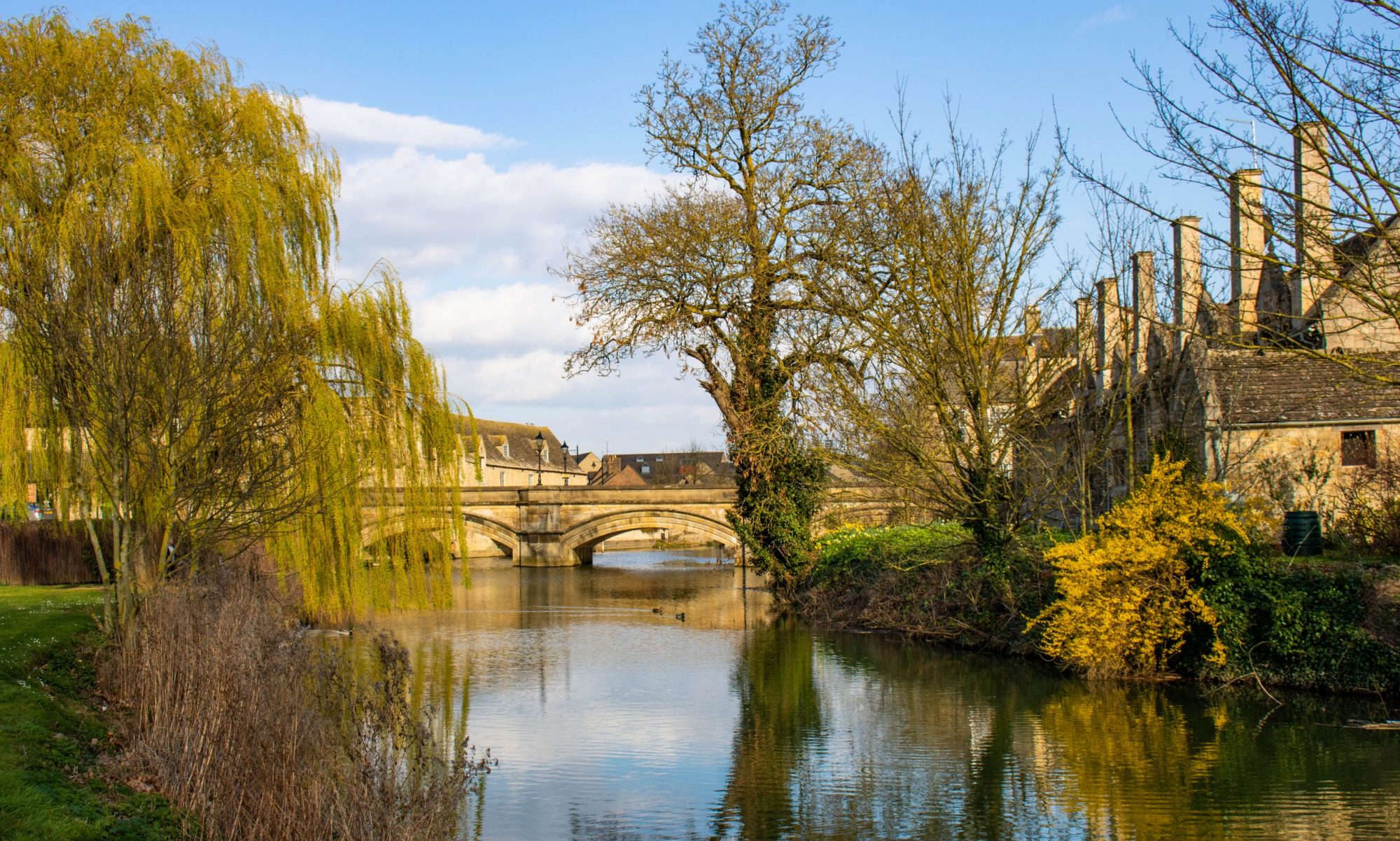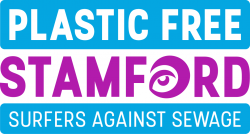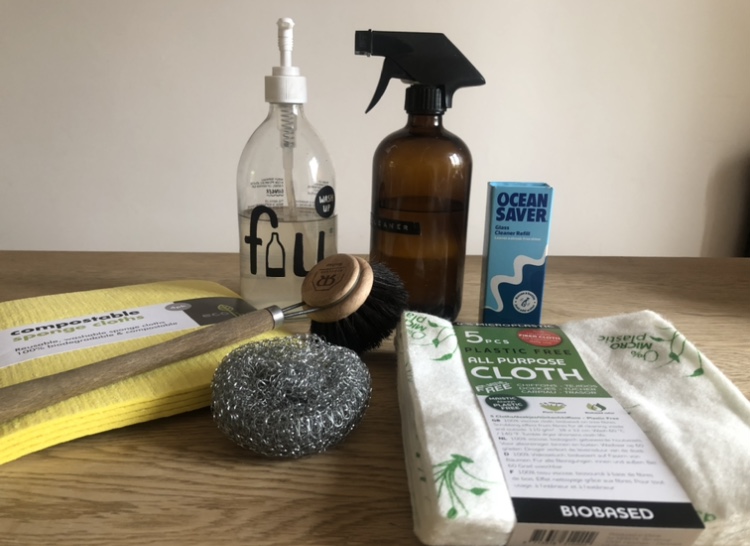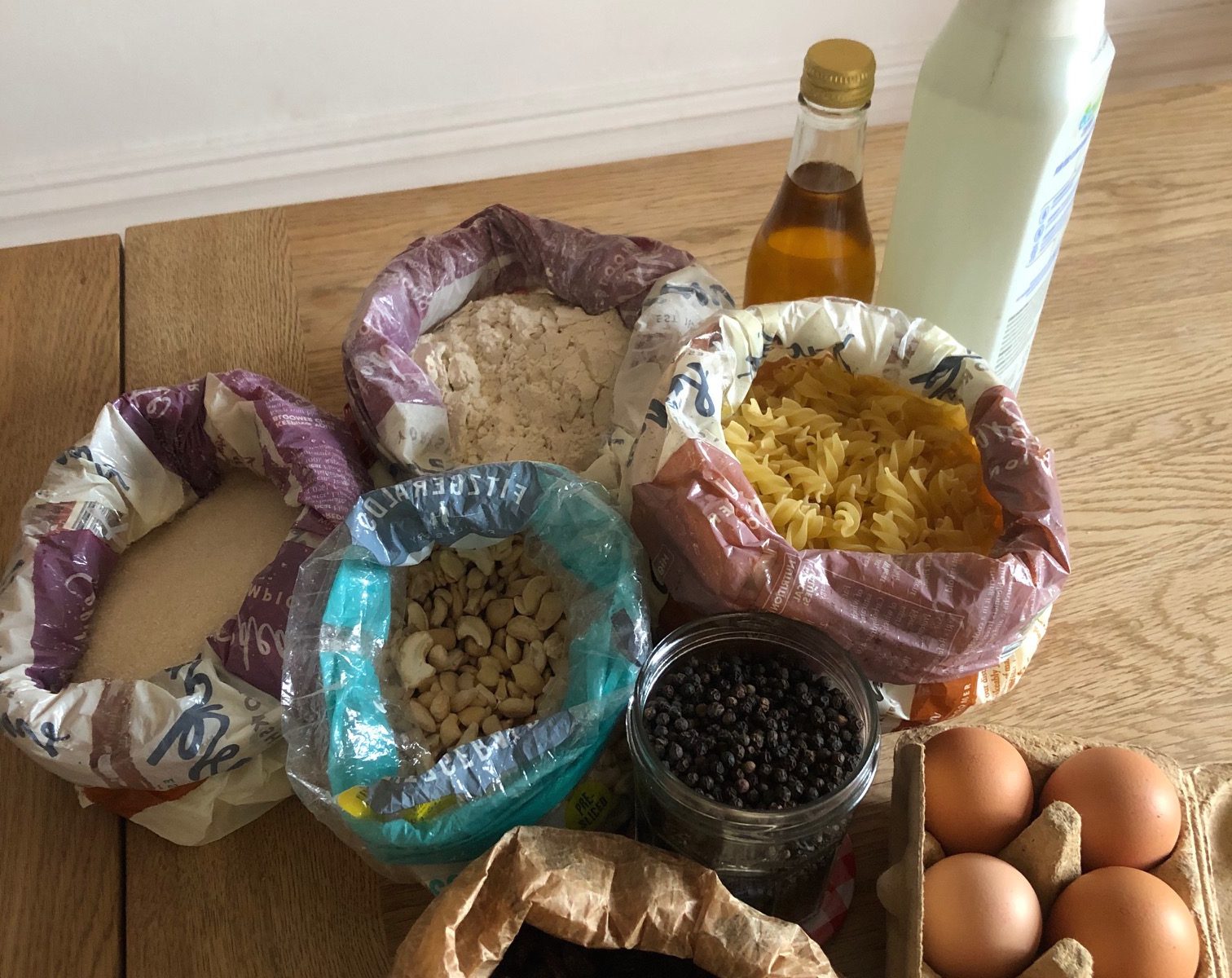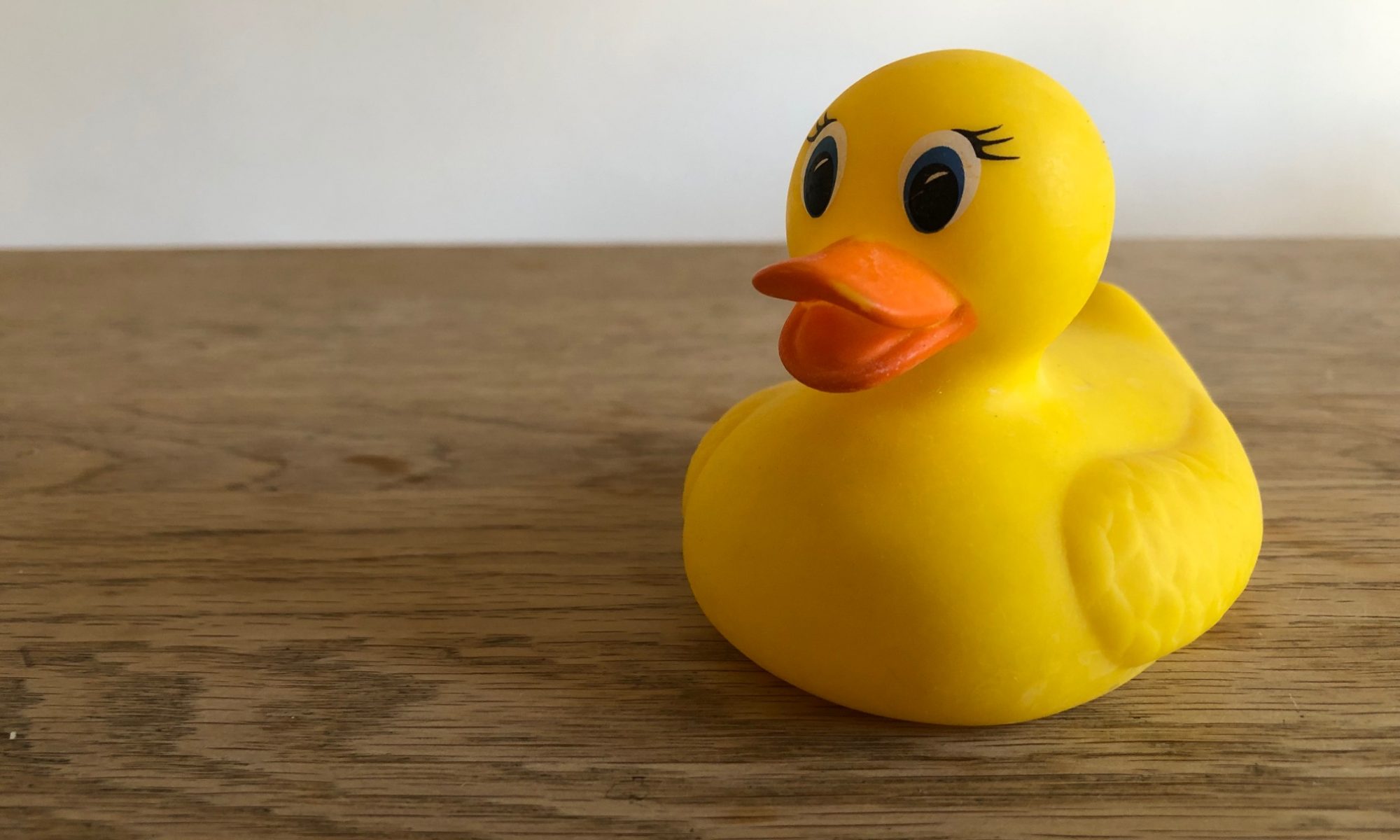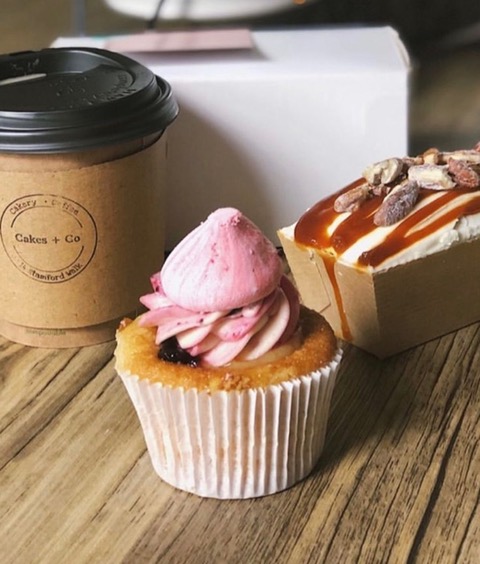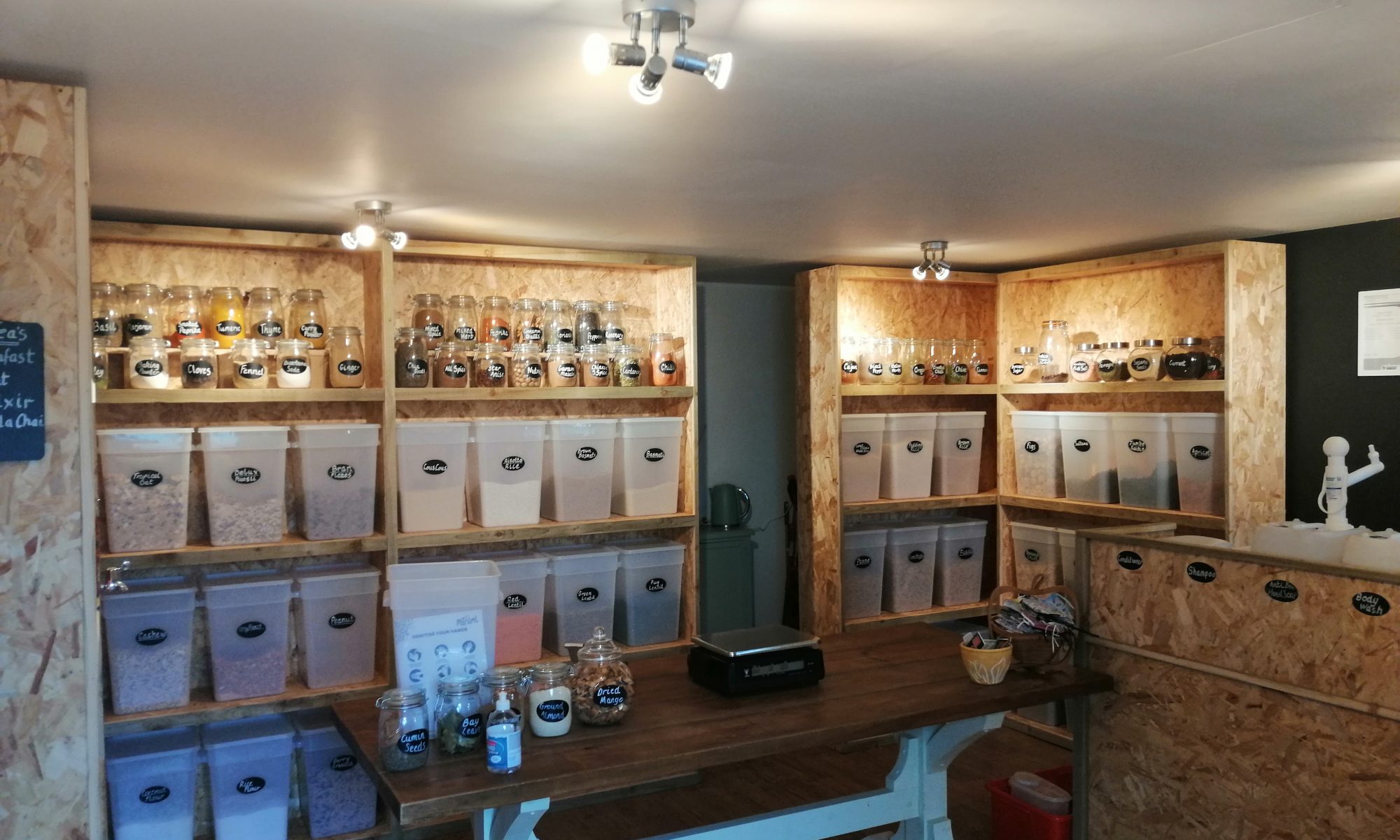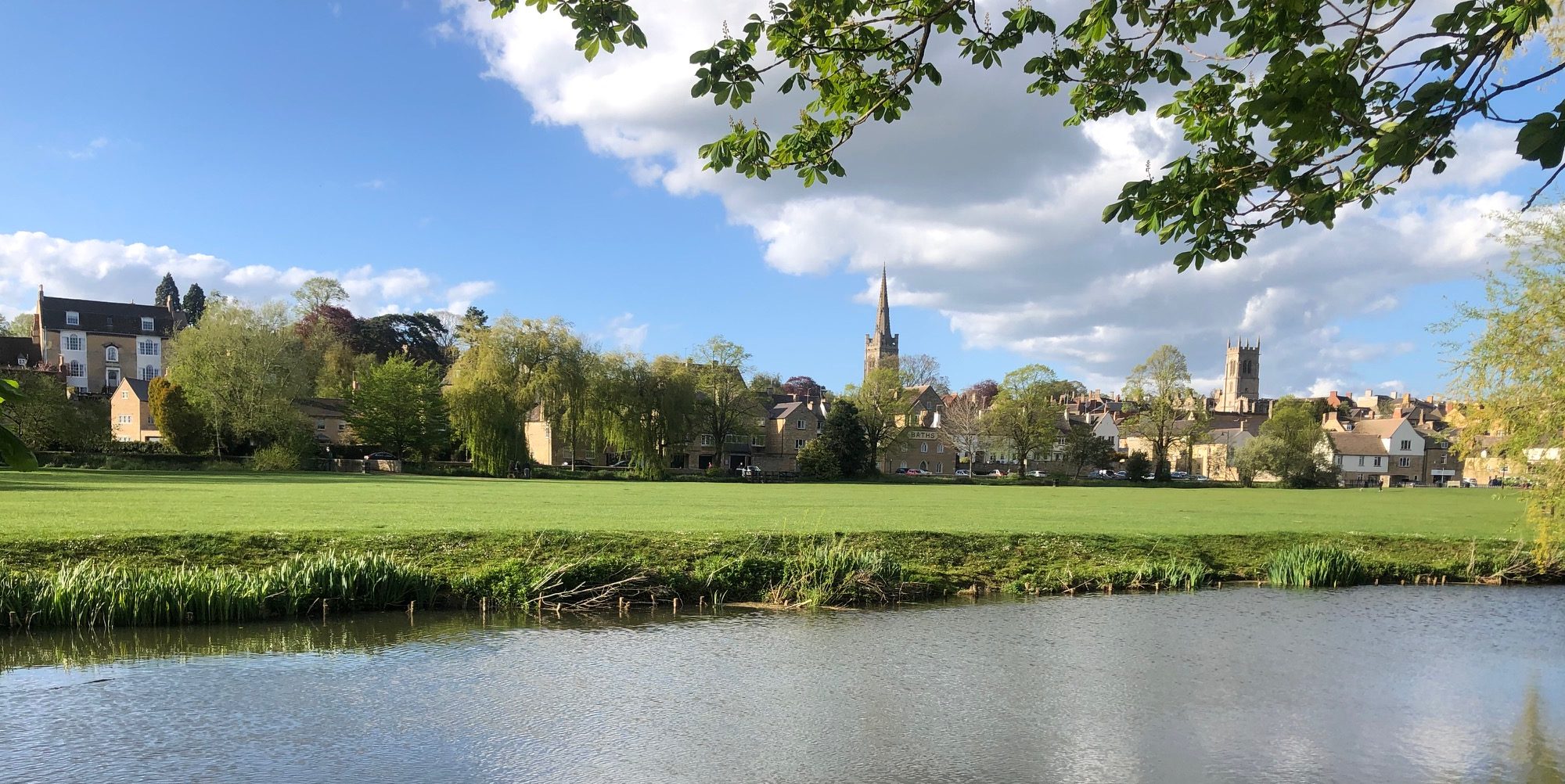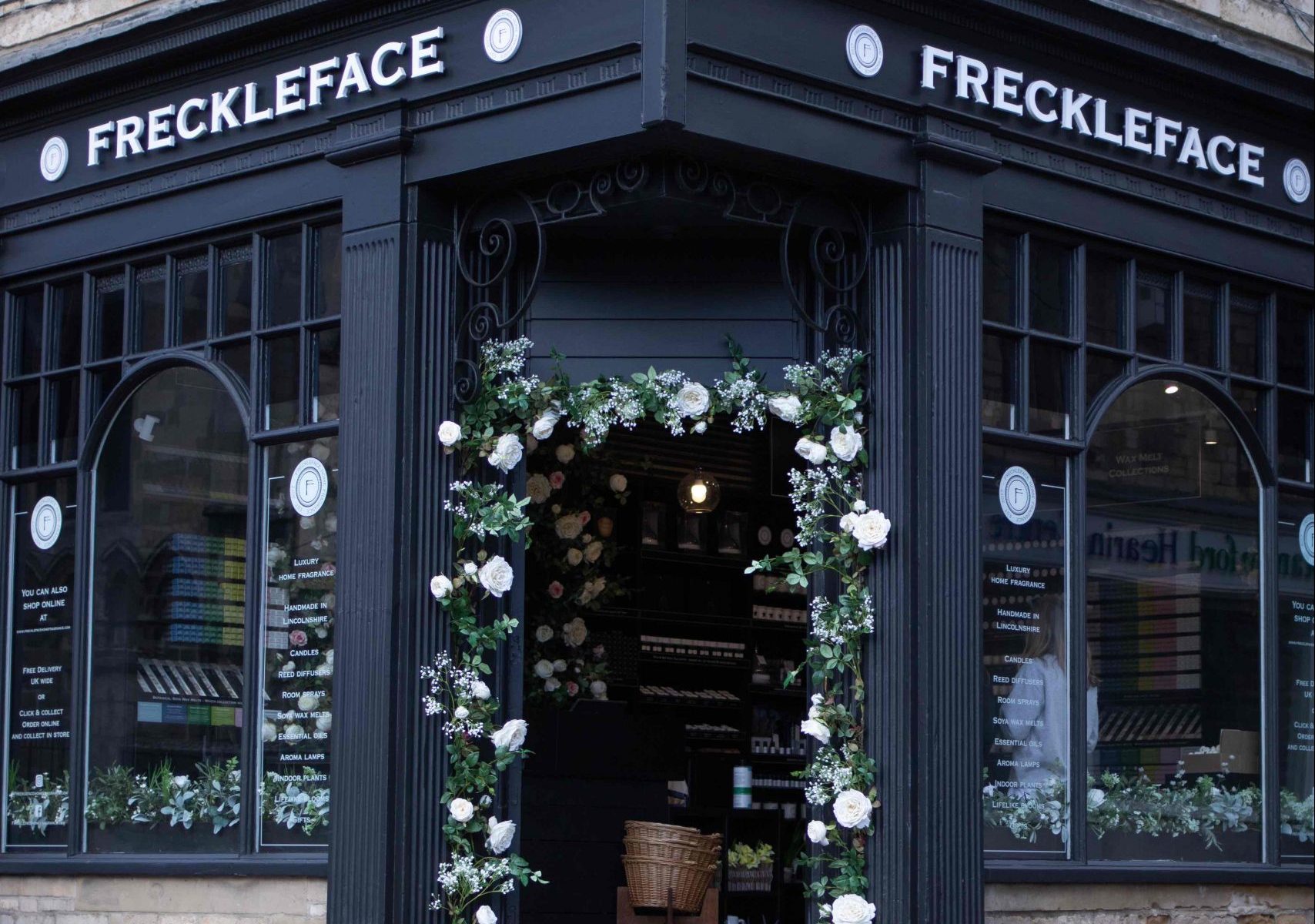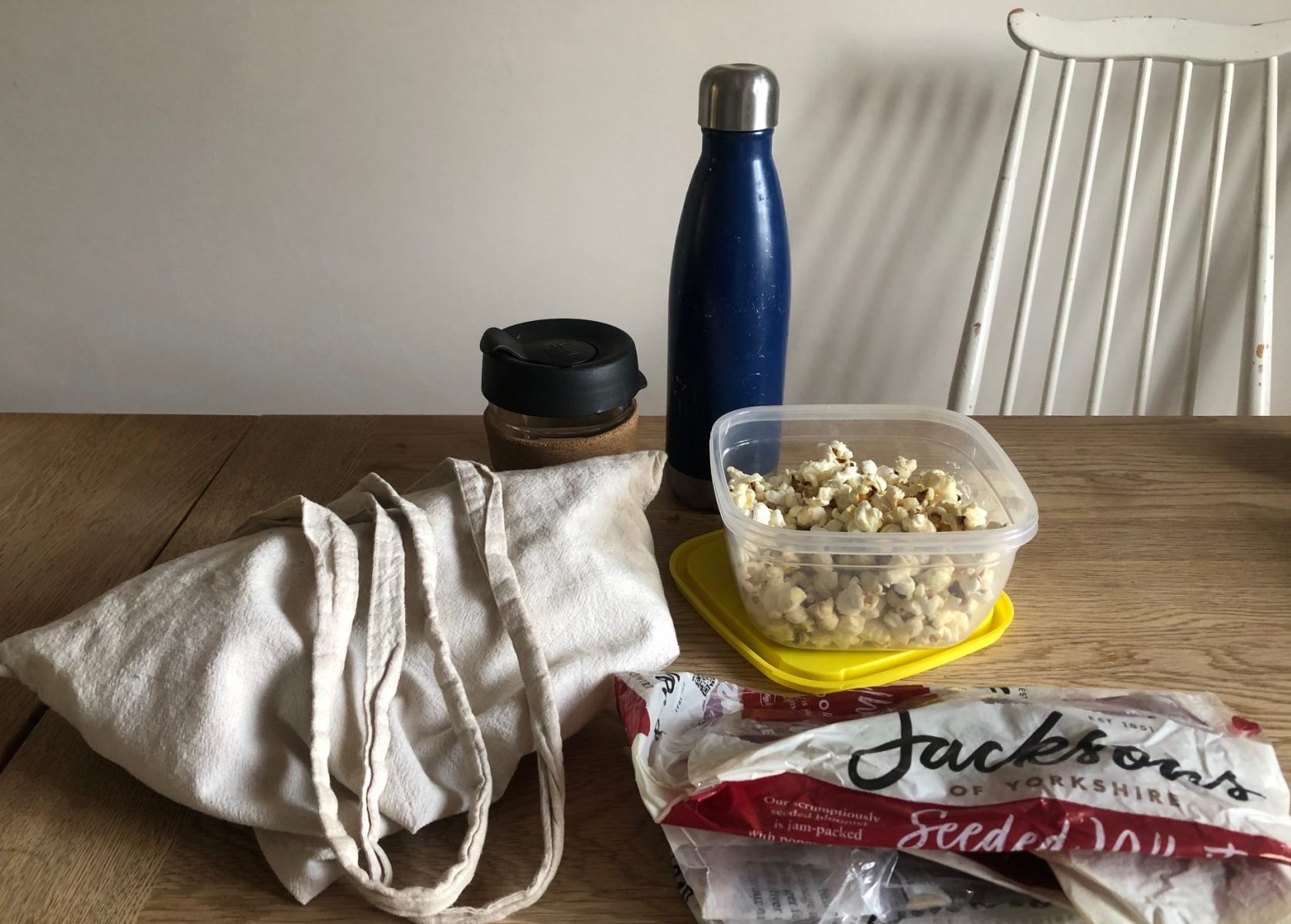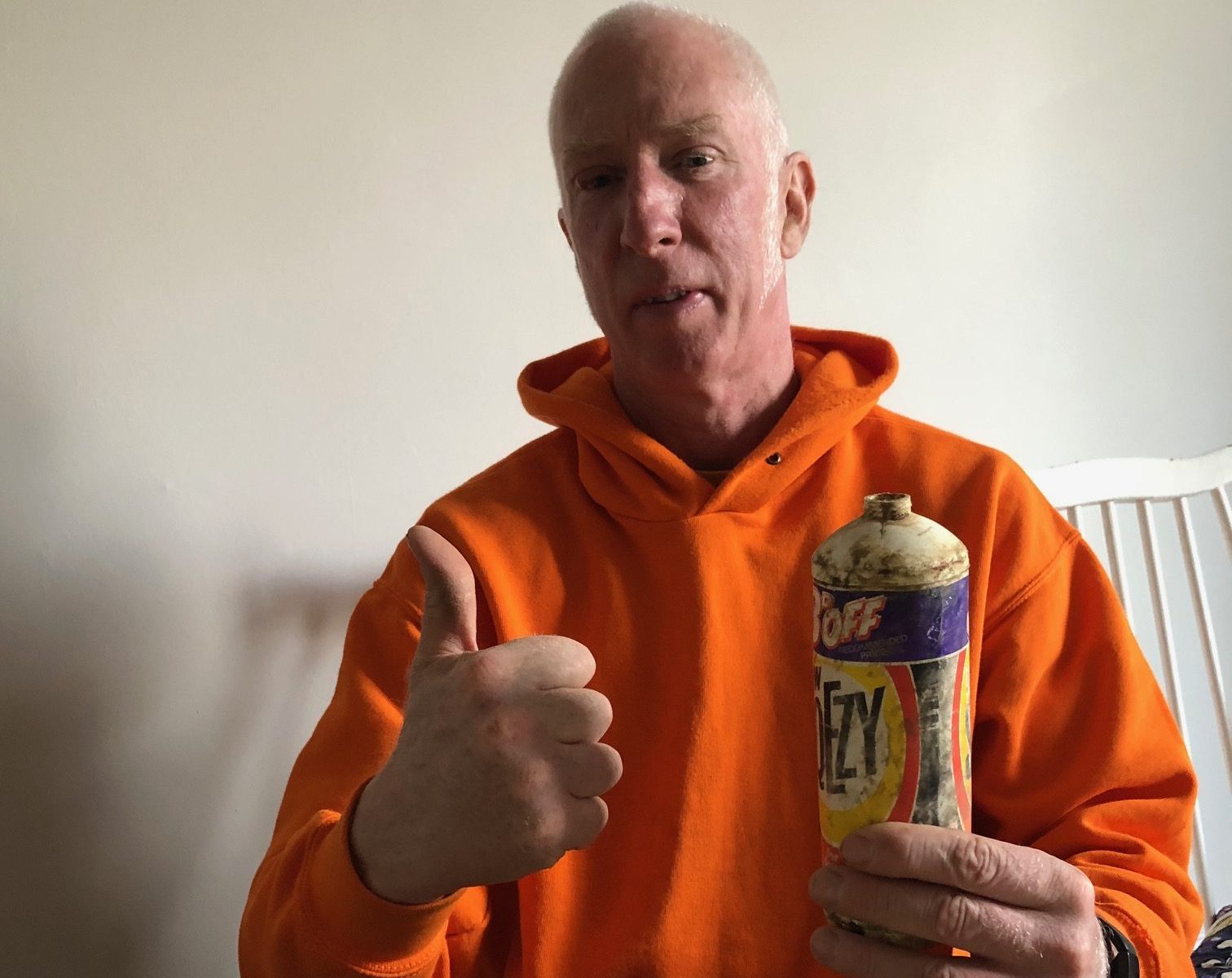It’s the last day of Plastic Free July and we’ve got five quick and easy plastic swaps you can make when cleaning your house.
After our bathrooms, we reckon that cupboard under the sink where we keep all our cleaning products is the next biggest plastic party, so here are a few of our favourite alternatives.…..
- Plastic Free and compostable cloths
Most washing up cloths and sponges contain plastic and have to just be chucked in the bin. But if you do a bit of looking around you will find some great alternatives that come plastic free. There are ones that simply contain no plastic or there are ones that can even be composted. All of them can also be washed so can be used over and over again.
If you can’t find these around town – check out online shops like Boubalou, Plastic Freedom or Turtle Friendly
- Wooden brushes and metal scour pads
For tougher spots wooden brushes with replaceable heads are a great way to go as there’s no plastic and much less waste. These are available from All Good, The Eco Shop, Harrison and Dunn and Great Casterton Garden Centre. And you can find scour pads that are not cased in two lots of plastic, like many of them are in the supermarket, in the online shops mentioned above.
- Refill cleaning products
When it comes to the cleaning products themselves, some of the more eco-friendly companies do use recycled plastic bottles (Ecover, Bio-D and Method to name a few), but you can go for refill again. Fill and Miniml both do a brilliant selection of products and they’re available at All Good, Refill Revolution and The Eco Shop. What we particularly love about these two brands is that they reuse the larger plastic containers the refill shops have in store, so there really is a huge reduction in plastic waste.
- Dissolvable cleaning sachets
If you haven’t tried the small sachets filled with a cleaning detergent concentrate (eg window cleaner or all purpose), they are definitely worth a try. You simply put the sachet in a spray bottle of water, shake it until the whole thing dissolves and you then have a full bottle of whichever cleaning product you chose. No plastic bottle, no plastic packaging. Ocean Saver has a great selection.
- And finally…..laundry. If you’re looking for some decent alternatives to that big plastic bottle of liquid washing detergent. Again Fill and Miniml have some great options. You could also look at using an Eco Egg – which you just stick in the washing machine and the pellets inside create the detergent. You just have to top up the pellets every so often.
That’s it. Our top 5 cleaning swaps. We hope you give a few a try…..
